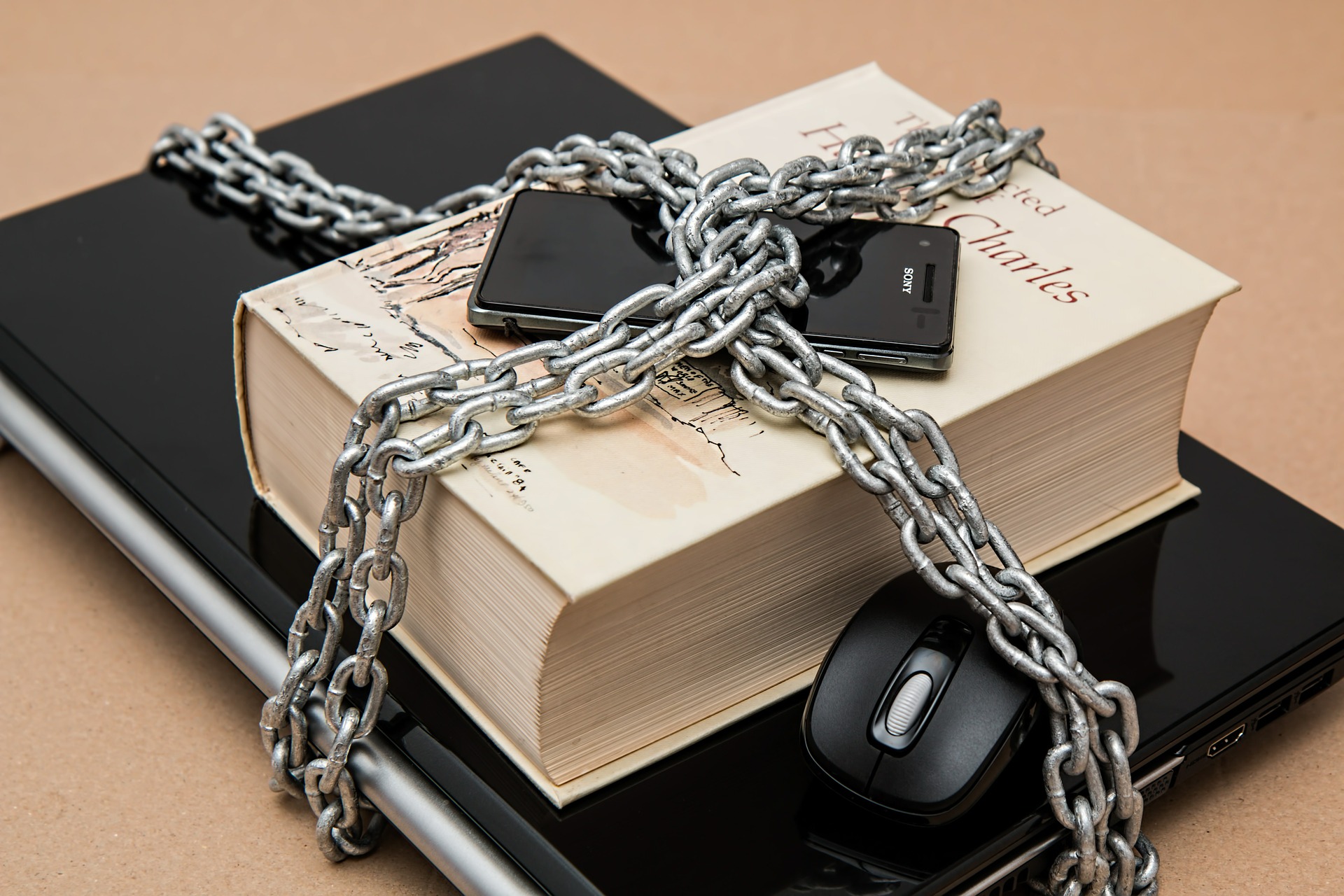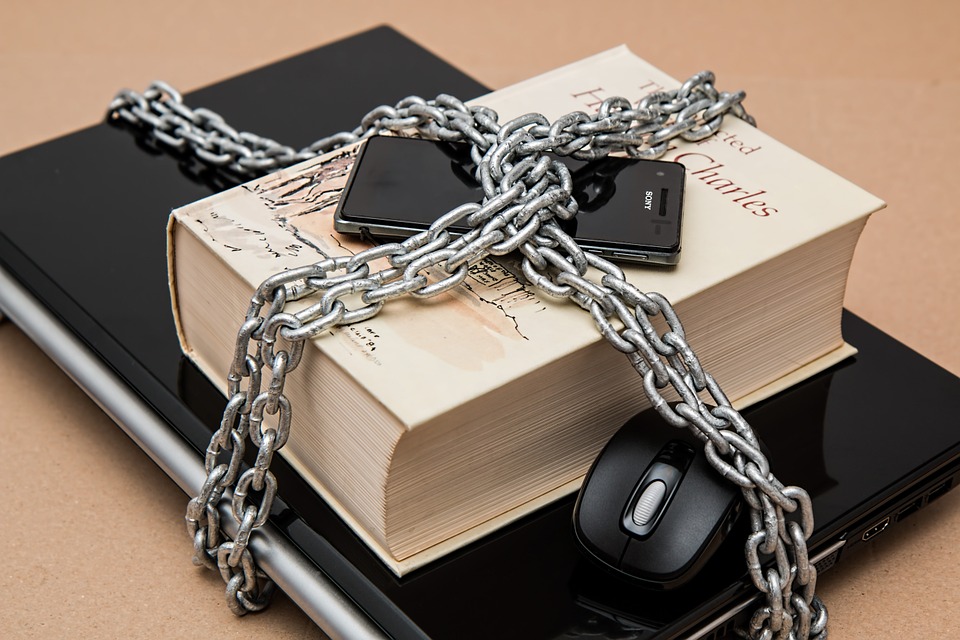Peace of Mind by Keeping Your Kids Safe
Keeping your kids safe is always a priority. The first day of school is always bittersweet with this being something that lingers in the back of your mind.. Everyone gets up at the crack of dawn in a hustle to beat that morning bell, yet everything normalizes once the chaos ends. This routine continues for most weekdays until spring has sprung and everyone is ready for summer vacation. By the end of summer vacation, however, everyone is ready to go back to school and do it all over again. It is like a socially acceptable form of insanity because every year parents and kids hope to do things better than they did the year before. Keeping your kids safe is everything.
One thing that should never change, unless for the sake of improving, is teaching and reminding your children about staying safe on their way home from school. If you are a parent who allows your children to walk home or they have to walk home from a bus stop, it is imperative to teach them how they can keep themselves safe. Even if they ride home with a friend or they have to come home to an empty house, equipping them with the proper knowledge keeps them safe and brings you peace of mind.
Being Realistic about Safety
As we know, the world isn’t always kind. Teaching safety tips in a way that makes them aware of danger without injecting fear is very important. You don’t necessarily have to tell them about a case in which a child was abducted or injured, but simply let them know that there are people out there that aren’t so nice. If a stranger approaches your child or tries to pick them up, your child should know that there is something horribly wrong. This is why the buddy system is important. If a child isn’t able to walk home with a friend or neighbor, then it may be best to enroll them into an after school program or for a family member or friend to pick them up from school. It’s best to be realistic rather than worry and hope that nothing bad will happen.
After School Safety Tips
The following are after school safety tips based on the different after school scenarios. These tips will help you make informed decisions about your child’s safety and also give you the tools to effectively talk to them about what they should or shouldn’t do when coming home after school.
1. School Pickup
Your child will most likely have to exit the school to find you in the curbside pickup line or parking lot. If you won’t be picking your child up that day, let them know who will be there. If someone other than the designated person tries to pick them up, develop a protocol. That protocol can involve your child calling you to determine if the person there to pick them up should be there or your child can go to the school’s office because it’s a safe place. Once in the office, a call can be made to you or someone else that you have designated as a “safe adult.”
Also let your child and anyone picking them up know the location of the designated parking space, if possible, and agree upon a time to meet. That way if your child isn’t at the car by that agreed upon time, you know something could be wrong.
2. Walking Home
If your child needs to walk home from school or a bus stop, work with your child to determine a route so that you know that route. Explain to them that they should never take shortcuts because they could get lost or you could have difficulty finding them in an emergency. Walk the route with your child to show them safe areas along the way. Teach them about crosswalks and watching for uneven sidewalks. If you know anyone who lives along the route, make sure your child knows which house is theirs in case they need to go to them for help.
However, while someone may live along the route, that doesn’t mean that person would be home during an emergency. This is why the buddy system, mentioned earlier, is important. It is ideal that a child never walk alone. If other kids in the neighborhood are also walking home, they should all walk together.
3. Home Alone
Around the ages of 11 and 12, children can usually start staying home alone after school. This isn’t something that needs to be made public knowledge. Your child should have a key to the house, but it shouldn’t have any identifying information on it such as a “house key” label. If they lose the key, you don’t want a stranger coming to the home and using it to get in. All doors and windows should be locked, the child should know how to set the alarm system, emergency contact information should be in prominent locations, and children shouldn’t answer the door or phone. If answering the phone is necessary, your child should be instructed to say you are “busy” and that you will call them back. Trusted neighbors should know when your child is going to be home alone and for how long.
Additional Tips for Keeping Your Kids Safe
Other things that you should know about keeping your kids safe include:
- Don’t write your child’s address on or in their backpack, lunchbox, or on their notebooks. If they would lose one of these items, a criminal could obtain the information. A criminal can also use this information to pretend like they know your child and lure them.
- Instruct your child to not get into vehicles with people they don’t know. Even if it is to get a ride home with a friend, your child may not know the parent. If they don’t know the parent, you probably don’t either.
- While walking home from school with a friend is fun, the route may be different and you may not know it in case you have to track your child down. Make sure your child tells you well in advance that they want to walk home with a friend so that you can see the route and so you can make sure your child will be safe at their friend’s house. If you don’t know the parents of the friend, then it may be best for your child to take their regular route home.
Last Word About Keeping Your Kids Safe
All in all, safety is everything when it comes to your children. It can be unsettling to have to let them do things on their own, but it is a part of growing up. They do have to learn responsibility for themselves. How well they handle that responsibility depends on the knowledge that they are given by their parents. In this case, the tips above can be a starting point in ensuring your child’s safety after school so that they can feel more in charge of themselves and you can have the peace of mind that they can handle it.










